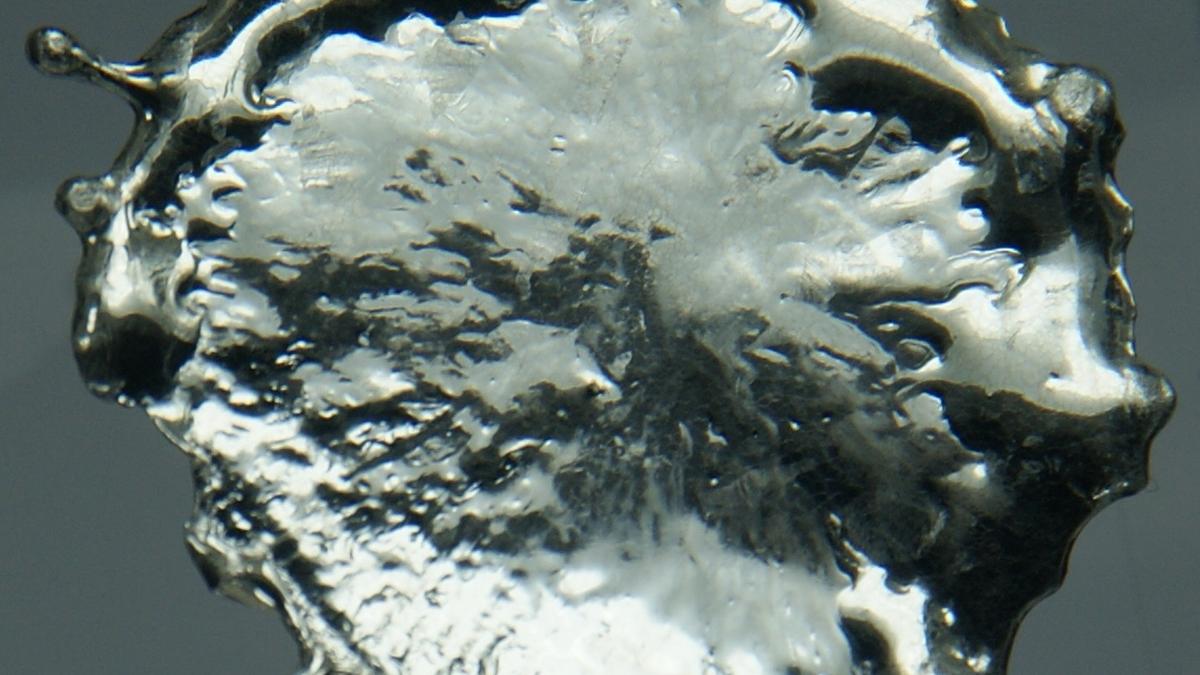- Courses
- GS Full Course 1 Year
- GS Full Course 2 Year
- GS Full Course 3 Year
- GS Full Course Till Selection
- Online Program
- GS Recorded Course
- NCERT (Recorded 500+ Hours)
- Polity Recorded Course
- Geography Recorded Course
- Economy Recorded Course
- AMAC Recorded Course
- Modern India, Post Independence & World History
- Environment Recoded Course
- Governance Recoded Course
- Science & Tech. Recoded Course
- International Relations and Internal Security Recorded Course
- Disaster Management Module Course
- Ethics Recoded Course
- Essay Recoded Course
- Current Affairs Recoded Course
- CSAT
- 5 LAYERED ARJUNA Mentorship
- Public Administration Optional
- ABOUT US
- OUR TOPPERS
- TEST SERIES
- FREE STUDY MATERIAL
- VIDEOS
- CONTACT US
Advanced Injectable Hydrogel for Targeted Cancer Treatment
Advanced Injectable Hydrogel for Targeted Cancer Treatment
04-01-2025

- In January 2025, researchers from the Indian Institute of Technology-Guwahati (IIT-G) and the Bose Institute, Kolkata have developed a injectable hydrogel aimed at revolutionizing localized cancer treatment.
- This innovative technology promises to deliver anti-cancer drugs directly to tumour sites, reducing harmful side effects associated with conventional treatments like chemotherapy and surgery.
- The research findings, particularly relevant to breast cancer therapy, have been published in the prestigious journal Materials Horizons.
What Are Hydrogels?
- Hydrogels are water-based polymer networks with a three-dimensional structure capable of absorbing and retaining large amounts of fluid.
- These jelly-like substances can occur naturally or be synthesized in laboratories. Their unique properties make them versatile tools for various biomedical and industrial applications.
-
Key Properties:
- Hydrophilic: Absorb and retain water.
- Biocompatible: Non-toxic and safe for biological environments.
- Biodegradable: Break down naturally without adverse effects.
- Flexible and Semi-Permeable: Can adapt to biological environments while allowing selective substance exchange.
-
Applications:
- Biomedical: Drug delivery systems, tissue engineering, regenerative medicine, and wound healing patches.
- Environmental: Wastewater treatment and moisture retention in agriculture.
- Technological: Soft robotics, contact lenses, hydrogel-based batteries, and cooling systems.
Key Features of the Hydrogel
- Localized Drug Delivery: Ensures precise targeting of cancer cells without affecting healthy tissues. Acts only at the tumour site, avoiding systemic circulation.
- It remains insoluble in biological fluids, ensuring precise localization and avoiding systemic circulation.
- Responsive Design: The hydrogel responds to elevated levels of glutathione (GSH), a molecule abundant in tumour cells.
- Upon detecting GSH, it triggers a controlled release of the drug, ensuring action only where needed.
- Biocompatibility and Stability: Composed of ultra-short peptides, the hydrogel is biodegradable and mimics the structure of living tissues, integrating seamlessly with the biological environment.
- Enhanced Effectiveness: Preclinical trials have demonstrated that the hydrogel significantly enhances drug uptake by cancer cells, inducing cell cycle arrest and promoting programmed cell death (apoptosis).
Mechanism of Action
The hydrogel targets tumours through a smart mechanism that leverages the unique chemical environment of cancer cells:
- Detection of High GSH Levels: Tumour cells typically exhibit elevated GSH levels compared to normal cells. The hydrogel responds to this by triggering the release of the anti-cancer drug.
- Precision Delivery: This ensures the drug acts only at the tumour site, significantly minimizing side effects like nausea, fatigue, and immune suppression, commonly associated with chemotherapy.
- Enhanced Drug Uptake: The hydrogel promotes better drug absorption by cancer cells, inducing cell cycle arrest and programmed cell death (apoptosis), which disrupts tumour growth from multiple angles.
Preclinical Success
- Preclinical Trials conducted on a murine model of breast cancer and the hydrogel delivered the chemotherapy drug Doxorubicin.
- Results showed a 75% reduction in tumour size within 18 days of a single injection.
- The drug remained localized at the tumour site, with no detectable side effects on other organs.
Advantages Over Traditional Treatments
- Minimized Side Effects: Traditional chemotherapy impacts both cancerous and healthy cells, causing systemic side effects. The hydrogel mitigates this by targeting only the tumour cells.
- Enhanced Precision: Localized action reduces damage to surrounding healthy tissues and increases treatment efficacy.
- Improved Patient Outcomes: Personalized and localized treatment enhances patient comfort and reduces the risks associated with invasive surgeries or systemic chemotherapy.
Broader Implications
- Beyond breast cancer, this injectable hydrogel holds immense potential for advancing the field of personalized and localized medicine.
- Its innovative approach could be adapted for other diseases requiring precise drug delivery systems.
- Additionally, the technology reinforces the growing importance of hydrogels in addressing critical biomedical challenges.
Conclusion
The injectable hydrogel represents a major step forward in personalized cancer therapy, particularly for breast cancer. By addressing the limitations of traditional treatments, it paves the way for safer and more effective cancer care. The innovation highlights how scientific advancements can tackle pressing challenges in oncology, offering a promising alternative to improve the quality of life for cancer patients.
|
Also Read |
|



